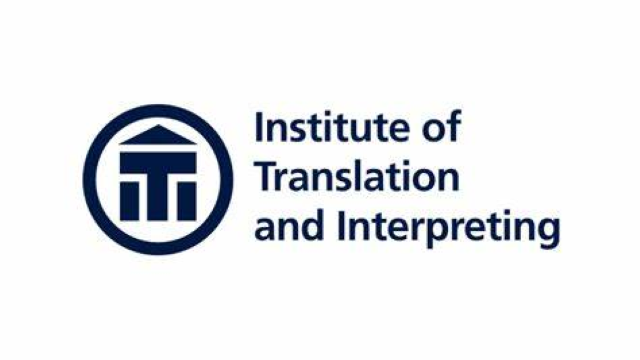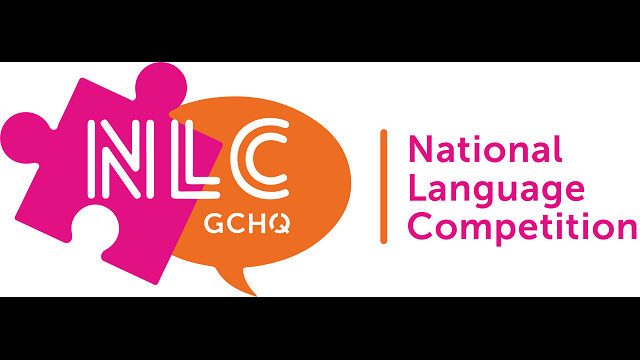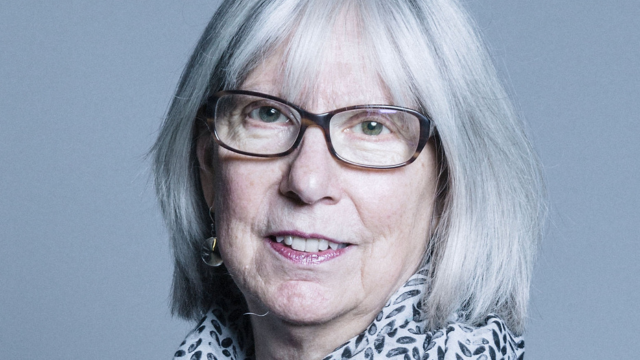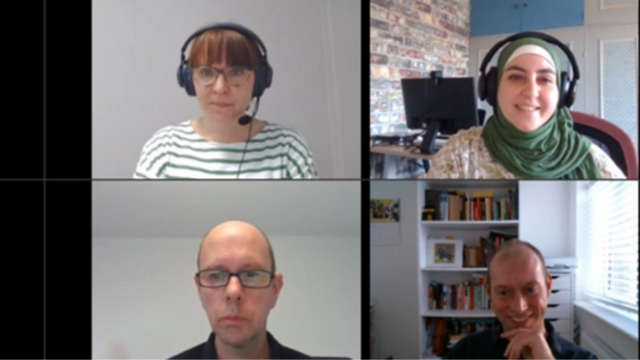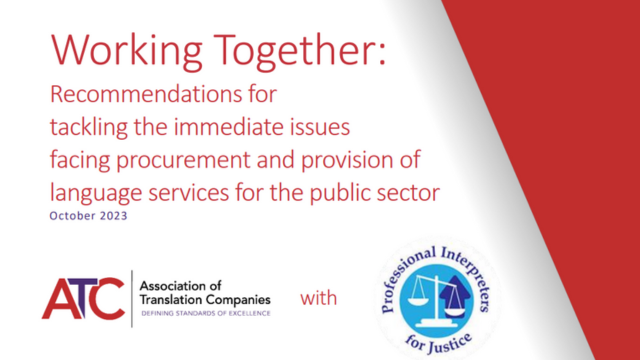-
QUALIFICATIONS
- For Linguists Worldwide
- For UK Public Services
- Preparation
- Policies & Regulation
-
MEMBERSHIP
- Join CIOL
- Membership grades
- NEW for Language Lovers
- Chartered Linguist
- Already a member?
- Professional conduct
- Business & Corporate Partners
-
ASSESSMENTS
- For Second Language Speakers
- English as a Second Language
-
TRAINING & EVENTS
- CPD, Webinars & Training
- Events & Networks
- CIOL Mentoring
-
NEWS & VOICES
- News & Voices
- CIOL eNews
- CIOL Awards
- The Linguist
- Jobs & Ads
-
RESOURCES
- For Translators & Interpreters
- For Universities & Students
- Standards & Norms
- CIOL & AI
- APPG
- In the UK
- UK Public Services
- Find-a-Linguist
Duolingo 2023 - Global trends in language learning
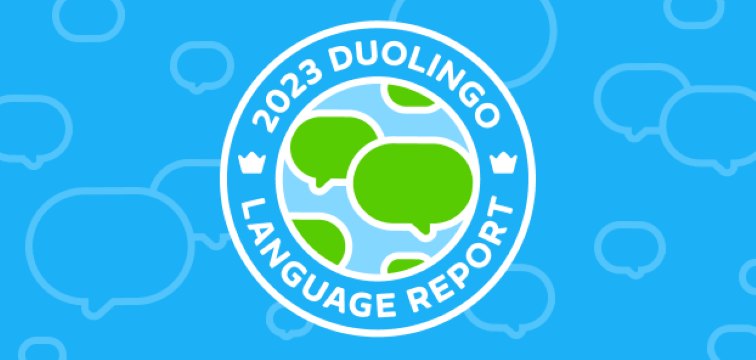
This week CIOL Digital Learning partner Duolingo, publishes its fourth Global Language Report.
Published every December, the report is an analysis of trends and attitudes towards languages both in the UK and globally, drawn from Duolingo’s 83 million learners. Duolingo saw growth in daily learners jump 63% in 2023, with the number of lessons completed now over 23 billion. One and a half billion hours are now being spent learning languages on the free app, and the number of polyglots - people studying more than one language - increased to over 32 million.
Key Findings
- Top Ten Most Popular Duolingo Languages in 2023. English, Spanish, French, German, Japanese, Korean, Italian, Hindi, Chinese, Portuguese
- Welsh hits 3 million. Welsh grew 38% in 2023 over 2022 (when it grew by 26%) to pass 3 million learners - a boost to the Cymraeg 2050 campaign to get to 1 million speakers in Wales.
- Korean and Japanese are rising in popularity. Korean overtook Italian to take sixth place, and is now behind Japanese. 'Gen Z' are driving the popularity with Korean and Japanese now both firmly in the UK Top Ten. Korean grew +16% in the UK, and a huge 75% in India. 86% of people studying these languages in the UK are under thirty.
- Portuguese overtakes Russian. Portuguese enters the UK top ten for the first time, replacing Russian on the list. Connecting with people (23%) and preparing for travel (18%) are the top reasons to study. 72% of new Portuguese learners are under thirty.
- Scots Gaelic hits 1.8 million. The course - which celebrated its 4th anniversary on St Andrew’s Day 2023, hit 1.8 million learners. This is up 17% in 2023, an increase on 12% in 2022. There are currently 519k people actively learning Scottish Gaelic on Duolingo.
- Older learners learn for longer. Older learners set the bar for commitment with 'Baby Boomers' having learning 'streaks' longer than any other generation.
- Worldwide English still reigns supreme. English is the most popular language in the world and ranks No.1 in 122 countries, up by three on 2022, and comes second in 15 countries. 49% of learners are motivated to study for education or work.
Manon Cadwaladr, Chair of Cymdeithas Cyfieithwyr Cymru, said: “At Cymdeithas Cyfieithwyr Cymru, the national body which leads, develops and promotes interpreting and translation in Welsh, we couldn’t be more delighted to see so many learners improving their Welsh on Duolingo. Welsh needs more speakers as we aim for the target of 1 million speakers by 2050 and Duolingo is a great place to practise and learn.”
Dr Cindy Blanco, Duolingo senior learning scientist, said: “Language is a bridge between cultures. We see trends reflected in the data of our 84 million monthly learners around the world. We’ve seen interest in Korean entertainment, like K-Pop and K-dramas, increase recently and that’s reflected in Duolingo’s data. We can see the growing demand for Korean language study, especially from younger learners.”
Rebeca Ricoy, Duolingo’s lead in Europe, said: “Duolingo is the perfect introduction to anyone wanting to learn a language. Duolingo is completely free, so there’s nothing stopping anyone giving it a go. Young or old.”
John Worne, CEO of the Chartered Institute of Linguists, said: "These findings are exactly why we are so positive about Duolingo as a CIOL Partner - from advancing the Welsh language to promoting multiligualism, Duolingo brings language learning within everyone's reach - and the learning science which backs it up means learners who stick at it make real and lasting progress."
About Duolingo
Duolingo (www.duolingo.com) is the most popular language-learning platform and most downloaded education app worldwide. The app makes learning new languages fun with bite-sized lessons that feel like playing a game. The company's mission is to develop the best education in the world and make it universally available. Duolingo offers over 100 total courses across 42 languages, from Spanish, French, German, and Japanese to Welsh and Scottish Gaelic.
Filter by category
More
The Chartered Institute of Linguists (CIOL), Incorporated by Royal Charter, Registered in England and Wales Number RC 000808 and the IoL Educational Trust (IoLET), trading as CIOL Qualifications, Company limited by Guarantee, Registered in England and Wales Number 04297497 and Registered Charity Number 1090263.



